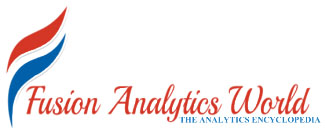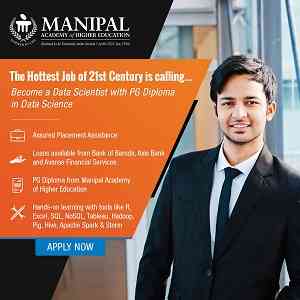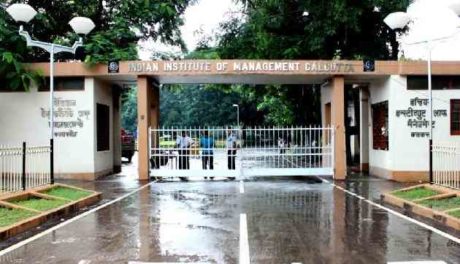Programme information
This 1-year Applied MSc programme, with its two entries in Autumn and Spring, is designed to open your career to these Big Data Analytics jobs all industries are looking for.
And in France, it definitely makes Data Science “the sexiest job of the XXIth century”! (Harvard Business Review, Oct. 2012)
Classes are given in English from the:
- end of September to beginning of April for the Autumn entry;
- beginning of March to mid-October for the Spring entry;
on a full-time basis (5 hours/day) along with an “Engineering Project” (see below) and followed by a 6-month work placement.
In this Applied MSc programme, you will:
- learn how to understand the analysis, design, implementation & monitoring of IT & Big Data architectures;
- get familiar with machine and deep learning algorithms with an industrial approach to applied mathematics;
- learn how to deploy Big Data architectures and Machine Learning results into corporate systems and get familiar with data visualisation;
- get awareness of the legal consequences of data handling, with a pinch of ethical thinking regarding the consequences of mining (big) data.
Classes for this Applied MSc programme are offered on a full-time basis from Data ScienceTech Institute campuses (around 5hrs a day).
If you are already employed by a French company and taking a sabbatical, tuition fees may be covered by the “Congé Individuel de Formation” scheme (see with your HR department).
The 600 hours of tuition are shared with the Executive MSc cohorts, as this Applied MSc programme constitutes their first year.
As a DSTI Applied MSc student and upon completion of the programme (600 hours + Engineering Project + Work Placement), you may wish to continue your specialisation studies. In this case, you will have the opportunity to join the Executive MSc programme of your choice, either MSc Executive Big Data Analystor MSc Executive Data Scientist Designer according to your profile, career prospects and expectations.
If you are NOT a citizen and passport holder of a European Economic Area (EEA) country, Andorra or Monaco, you will be required to apply for a long-stay student visa. Please carefully read the requirements on our “Visa Procedure” page.
This Applied MSc programme programme is composed of all the following modules*, which are actual hours of class presence (personal work is expected on top of these):
INFORMATION SYSTEMS
APPLIED DATA SCIENCE & BIG DATA
BUSINESS & INDUSTRIAL APPLICATIONS
ETHICS & LAW
* Please note that course content and support technologies may vary when delivered according to job market needs and under the supervision of Data ScienceTech Institute Scientific Advisory Board.
** Provided you are not subject to any Sanction Programmes of the United States of America which would affect your rights to take these classes and/or examinations.
ENGINEERING PROJECT
All students will be assigned an engineering project near the start of the programme. Students will conduct the project throughout the year until their classes finish and they go to their work placement or advanced project. This Engineering Project aims to apply all the knowledge and skills acquired in the different classes and to use DSTI professors as mentors and coaches throughout the year. Please note the Engineering Project may be given by a DSTI Professor affiliated Research Lab where Applied MSc students would act as Research Engineer Assistants.
Course Curriculum
Course Reviews
No Reviews found for this course.





